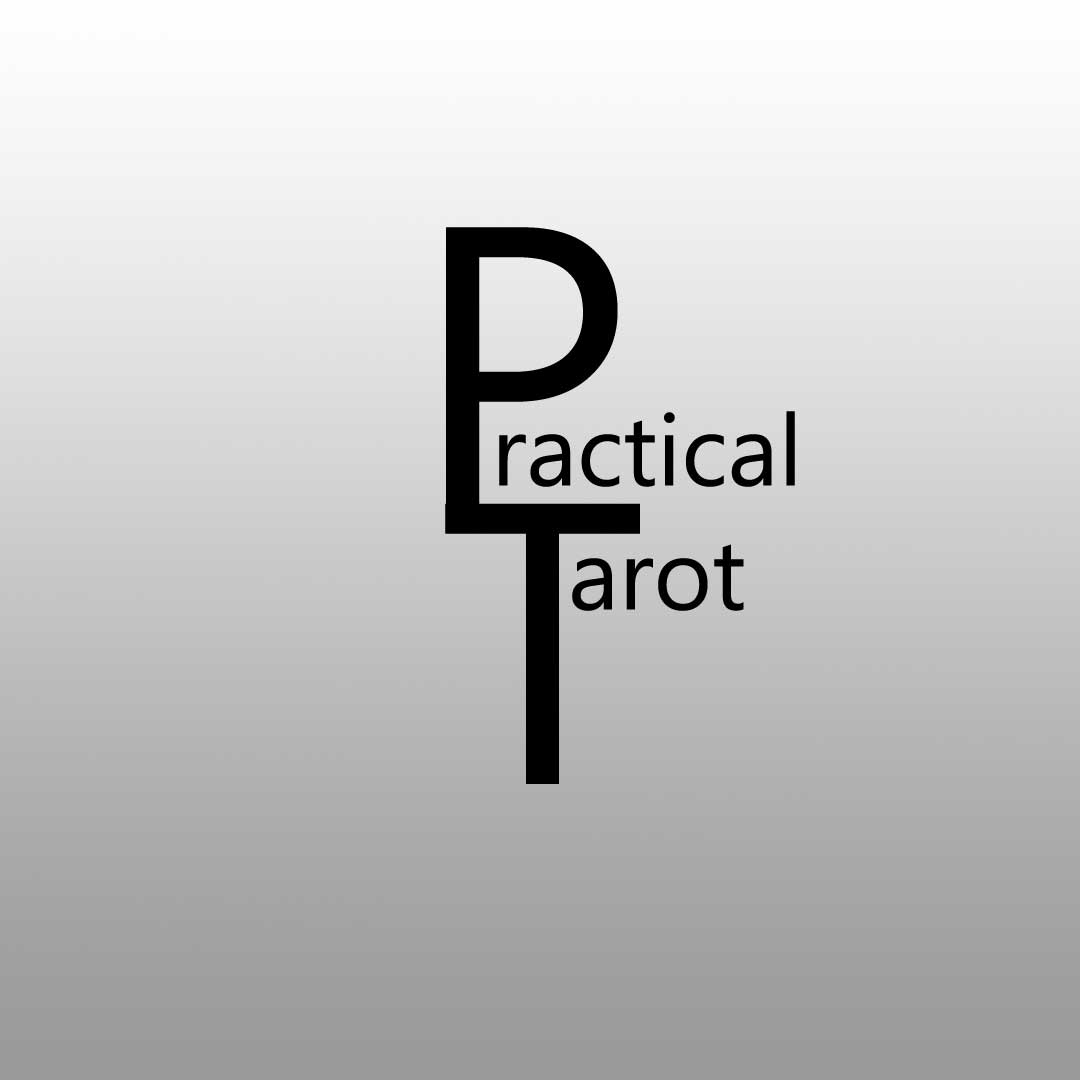Le Chariot from the Tarot de Marseilles
The Chariot can be a difficult card to interpret. At number 7 in the Major Arcana, it follows The Lovers which is a time when we learned to make our own decisions and chose to leave our childhood behind to step out into the world as individuals. How do we leave the love and security of our family, the community that has nurtured us, to begin this journey of self-discovery?
It is important to remember that the card is called The Chariot. The archetype here is not just of the figure at the centre of the card, the charioteer. True, he is a manly hero or god-like figure who controls the steeds that pull his chariot, without reins and by will power alone. The message is usually one of masculine victory over weakness and indecision. He will triumph through fearless self-discipline. He is the archetype of willpower, self-control, and victory.
But this is not the whole story. The Chariot represents the vehicle in which we ride out and face the world. It is our psyche – the dynamic, self-regulating system of conscious and unconscious processes that seeks balance and growth as we move out into and through the world.
The charioteer is pictured standing stiffly behind his shield and armour. This is the Persona that he chooses to present to the world. In the Thoth deck he carries the Holy Grail, the symbol of seeking the righteous path and enlightenment. He hides his vulnerability by wearing his golden armour, his uniform, his face plate and his headdress – he wants to be seen and accepted for the warrior he portrays.
The charioteer wears a cloak with the masks of Janus on his shoulder pads. Janus is the god of beginnings and transitions in Roman mythology. He presides over doorways and endings as well as transitional periods such as from child to adult, from relationship to marriage, from war to peace. His two masks look to the past and the future. Jung taught that our psyche is a dynamic process, always changing, growing, moulded by our past experience and future intent.
In the Marseilles and Smith Rider Waite decks the charioteer carries the Magician’s wand, symbolizing his growing mastery of all the four functions of the psyche – thinking, feeling, sensing and intuition – and he waves it bravely in the air to show off his capability as though he’s not entirely certain yet of his skill.
Plato, 2400 years ago, wrote about the inner battles we face between our appetites and our will. Here they are represented by the 2 different coloured horses of the Marseilles deck, by the four sphinxes seated in front of the Chariot in the Thoth deck and the two sphinxes of the Smith, Rider Waite deck. In all these cards, the charioteer and his Chariot are still, motionless. In the Marseilles deck the horses are raring to go but the wheels of intent are facing the wrong way. The Thoth deck shows the huge red wheels stationary – intention is there but is suspended, caught in this moment. The wheels of the Chariot in the Smith Rider Waite deck are not grounded, they hang over water, the stream of the collective unconscious that connects us all to the past, the future, and the Universe.
The red and blue horses, the black and white sphinxes, represent the conscious and the unconscious elements as they strive for balance while the wheels of intent carry us along.
The charioteer is the mask that we present to the world, beneath which is the chariot of our psyche. We perceive our world from beneath the canopy of stars, held up by our thoughts, feelings, senses, and intuition. Constantly balancing our ego, our will, our ambitions and dreams with the expectations of lovers, family, society, our personal and the collective unconscious, we try to follow the right path and to be seen as victorious.
So what does it all mean?
The Chariot is about growing up and taking on the world. In The Lovers card we see the move towards independence, always a part of but separate from family. We could branch out, choose another path. Now, with The Chariot, comes the realization that we are alone. We are responsible for our own choices and roads we travel.
The Chariot tells us that what we want is not always what we need. We are all tempted by desires of every kind. We are attracted by sex, money, or power. We feel the pull of love, of honour, of loyalty. We want others to respect us for our good, kind, caring natures or our prowess in business or sport and sometimes we want to be selfish, self-indulgent, lazy, or just simply behave badly.
The Chariot is all about finding the balance. Balancing the demands of others, of society or our peers with what we feel is important for our growth. Expect to see this card if you are battling with questions of identity, with who you think you are and the person you present to the world. Perhaps you feel judged by your appearance, your qualifications, your job or aspect of yourself over which you feel you have no control. Are you feeling self-confident or perhaps feel like a bit of a fraud? ‘Impostor syndrome’ is one aspect of the Chariot.
You may be going through what is often described as a ‘mid-life crisis’ but which can happen at any stage when we feel that our identity has been lost in parenthood, career, relationships or even illness. The message of this card is to face the world and be fearless when confronted with hard choices and decisions that will take you forwards on your journey. Be confident and believe in who you are. Despite the stillness of the moment depicted on this card, it urges us to spring forward in all our glory to take on the world and triumph.

